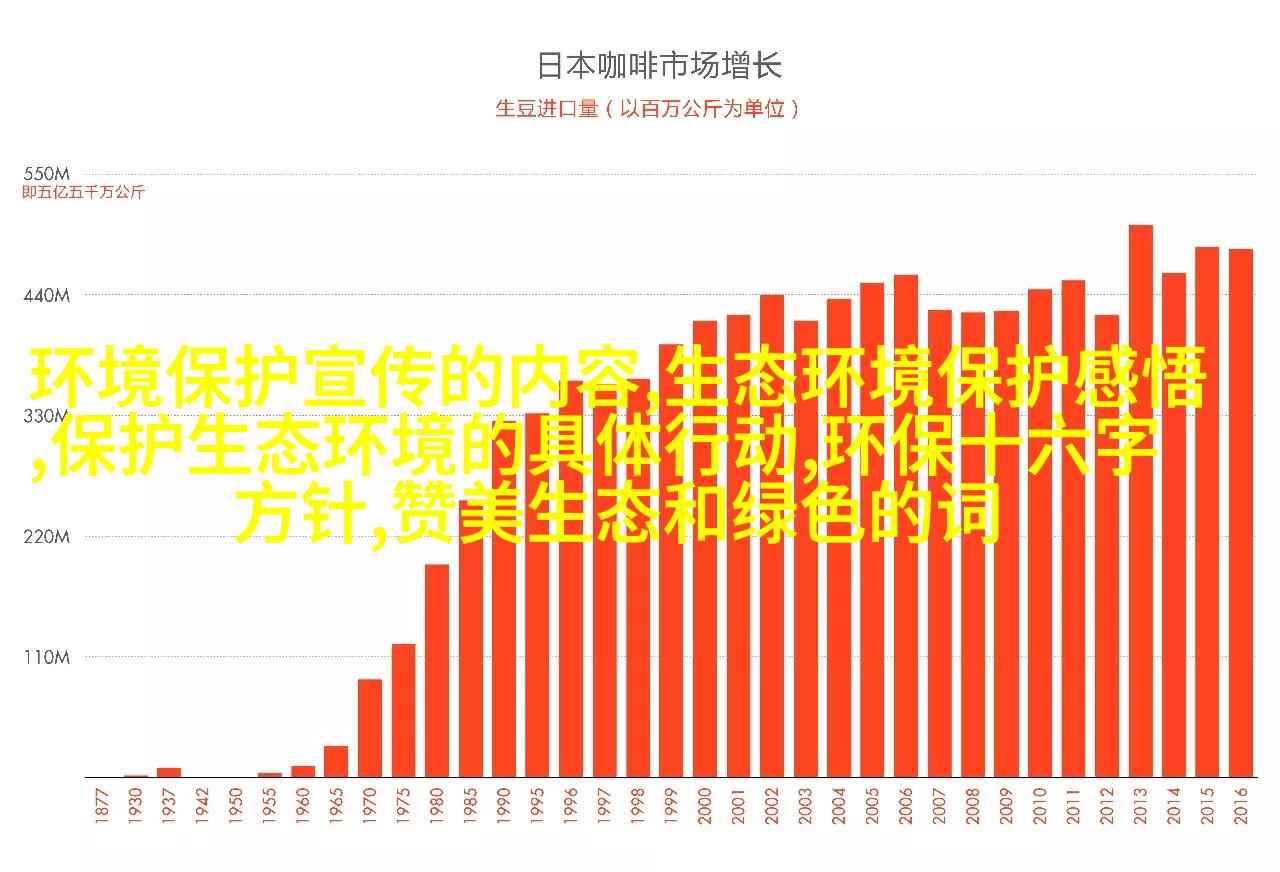工业废水与生活污水处理技术高效可持续的环境保护解决方案
工业废水与生活污水处理的必要性

在现代化社会中,工业活动和日常生活产生了大量的废水,这些废水如果不加以处理,将对环境造成严重破坏。因此,我们必须面对这一问题,并寻找有效的解决方案。
如何识别工业废水和生活污水?

首先,我们需要明确两者的区别。在这里,工业废水通常指的是由工厂、矿山等企业生产过程中排放出来的一些含有化学物质、重金属等有害物质的廃棄物流体。而生活污水则是居民家庭及商业单位日常生活产生的各种污染物混合而成的排泄物流体,它们都含有营养盐类、细菌和病毒等微生物,但其组成与特性不同。
工业废水处理技术概述

为了应对这两种类型不同的污染问题,我们可以采取多种方法进行处理。对于工业废 水来说,可以通过物理法(如沉淀、过滤)、化学法(如药剂添加)以及生物法(如活性氧消毒)等手段来降低其对环境中的负面影响。此外,还有一些先进技术,如膜分离技术、高效脱氮除磷技术,以及高温蒸汽脱硫技术,都被广泛应用于提高处理效率和减少二次污染。
生态系统受损及其后果

如果没有妥善处理,Industrial wastewater and domestic sewage can cause significant damage to the environment. For example, industrial waste water that is not properly treated may contain toxic chemicals that can contaminate soil and groundwater, leading to health problems for humans and wildlife. Similarly, untreated domestic sewage can pollute rivers and lakes, harming aquatic life.
可持续发展战略:整合资源回收利用

In recent years, there has been a growing trend towards sustainable development strategies that aim to minimize waste and maximize resource recovery. This approach involves treating both industrial wastewater and domestic sewage as valuable resources rather than just pollutants. By using advanced technologies such as membrane bioreactors or anaerobic digestion systems, it is possible to recover clean water from wastewater streams while also producing energy-rich byproducts like biogas.
政策制定与公众参与:关键角色
To ensure effective implementation of these strategies at scale requires policy support at all levels of government. Governments must establish clear regulations on industrial pollution control measures while providing incentives for businesses to invest in innovative solutions. At the same time public awareness campaigns are crucial in educating people about the importance of proper waste management practices so they participate actively in promoting sustainable living habits throughout their communities.
The future success of our planet depends on our ability to manage Industrial wastewater & Domestic Sewage effectively through a combination of technological innovation & social responsibility